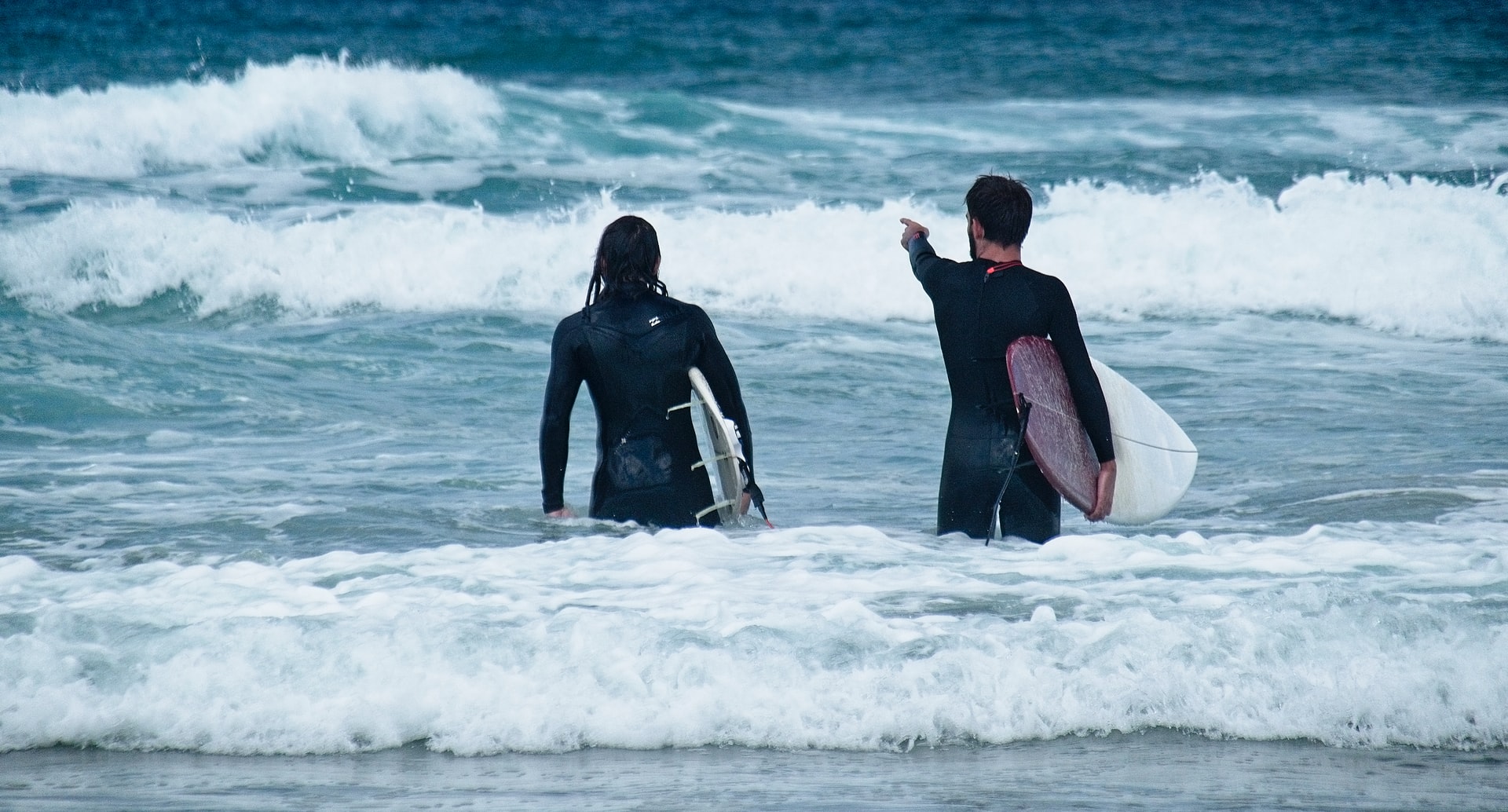The idea of gliding across a wave sounds freeing and majestic, but learning how to ride across water includes a steep learning curve.
Some surfers swear by surf lessons, while others claim that they are not necessary.
So should you take surf lessons or are they a waste of time?
Receiving surf lessons from an experienced surfer is without a doubt a valuable experience.
Forming correct habits, learning years of tips and tricks, while being told when and where to paddle is invaluable.
Although it is possible to learn to surf without lessons, surf lessons are the fastest way forward.
If you are in two minds about whether you should pay for surf lessons or not, the following article should help you decide.
- Are Surfing Lessons Necessary?
- Will I Learn Faster With Surfing Lessons?
- Advantages of Taking Surf Lessons
- Disadvantages Of Taking Surf Lessons
- Can’t I Teach Myself to Surf?
- Can I Learn Surfing by Watching Videos, Other Surfers, or Reading About It?
- What Do I Learn During Surfing Lessons?
- How Many Surfing Lessons Should I Take?
- Is It Better to Take Lessons in One Go or Spread Them Out?
- How Much are Surfing Lessons?
- Are surfing lessons worth It?
- Do I Need to Bring Anything for a Surfing Lesson?
- Conclusion
- You Might Also Like…
Are Surfing Lessons Necessary?
Learning to surf can be hard and is known to have a steep learning curve, but once you grasp the concept it gets easier.
It is not necessary to take surfing lessons if you want to learn how to surf.
However, if you are a beginner or intermediate surfer and are looking to quickly improve your skills in the water, it is a good idea to hire a personal surf coach.
Will I Learn Faster With Surfing Lessons?
There is no denying that when we want to learn something new, the fastest way to do so is by being taught by someone who already has experience with the task.
Of course, everyone is different, and you may feel it more difficult to learn with someone looking over your shoulder.
But for the most part, surfing lessons will decrease the time it takes you to learn how to surf by a large amount.
Taking surf lessons comes with many advantages, but also has its few downsides.
Advantages of Taking Surf Lessons
1. Assistance With Paddling
If you ask anyone that is new or seasoned in the art of surfing, they will tell you that surfing is a good workout.
It takes hours of training to build up enough stamina to constantly paddle past the break and onto waves.
The faster you can paddle onto a wave, the better your chances are of catching it.
A surf coach will be a great aid in this situation as they can boost you onto incoming waves.
2. Correct Form and Habits
It is easier to form a new habit than it is to break an existing bad one.
With surf lessons, you will be taught how to do things correctly from the start.
This will put you at an advantage when you move past the beginner stages.
3. Correct Timing and Wave Choice
Timing is everything when it comes to surfing.
Whether it is before you duck dive under a wave while making your way past the break, or performing a pop-up at the correct moment while dropping into a wave.
Even something that seems as small as the time that you start to paddle for a wave is important.
A surf coach will not only explain the best timing but will tell you when to start paddling and what waves to take.
This will remove a lot of the guessing game, and therefore provide more opportunities for you to get onto your feet.
4. Board and Wetsuit Selection
Surfboard and wetsuit selection are just as important as timing.
Although it is possible to ask at your local surf shop what board and wetsuit you should be using, a coach in the water will be able to judge your skills and change the board accordingly.
Choosing a surfboard that is too small will make it difficult to stand on, while a board that is too big will be tough to control.
It is also important to use the correct wetsuit to avoid becoming too cold, or alternatively, from overheating.
5. Tips and Tricks That Take Years to Learn
Simply put, the longer we do something the more we learn about it.
The advantage of taking surfing lessons is that your coach has years of experience to share with you, which means there are many mistakes they have made that you will not.
Disadvantages Of Taking Surf Lessons
1. Surf Lessons Are Pricey
The most likely reason that new surfers opt-out of surf lessons is the price.
Good quality, personal surf lessons are not cheap, which could lead to many newbies trying to figure the sport out themselves.
2. Limited Surf Spots
Most surf schools are located on beginner surfing beaches. Because of this, it is common to find many surf schools in the same place.
This limits your chance to learn on different types of waves, as well as increases the number of learner surfers in the water.
3. Limited by Time
Surf lessons are always limited by time. It is common for a surf lesson to span an hour, sometimes an hour and a half.
Although this is, in most cases, more than enough time to exhaust you as well as get you on your feet for the first time.
However, in the case that you are not tired and wish to keep practicing, you will lose your coach, which likely means you will lose your momentum.
4. Limited by Availability
Everyone wants the best surf coach and it is always a good idea to learn from the same person if you are taking multiple lessons.
This can be a problem, especially on good surf days, as your coach might be busy with another client.
This could result in you missing out on the practice, or trying to learn yourself, and forming bad habits.
Can’t I Teach Myself to Surf?
If you are low on cash or perhaps prefer to learn things in your own time, then it is completely possible to teach yourself to surf.
However, although it is possible, teaching yourself to surf is likely to take much longer than taking lessons and it is also likely you will begin to form bad habits that you will need to break at a later stage.
Can I Learn Surfing by Watching Videos, Other Surfers, or Reading About It?
If you think you can spend a few hours on the internet watching “learn how to surf” videos or reading articles and then enter the water and pop up straight away, you are simply mistaken.
It is not possible to learn how to surf from the internet alone. However, watching surfing videos and reading quality articles will certainly help if you combine it with practice.
If you do not have a surf coach, the internet can be a gold mine of information that will speed along your surfing journey.
Just remember, practice makes perfect, and no theory will match the advantages of practical time in the water.
What Do I Learn During Surfing Lessons?
Each surf school will teach slightly differently depending on the coach’s preferred techniques.
During these lessons, how much you are taught will also depend on how long the lesson is, how many lessons you plan to take, and how many people are in the class.
In general, the following should always be covered during a beginners surf lesson:
On the Beach
- How Waves are formed and how to read them.
- Correct surf stance (regular or goofy), and foot positioning.
- Positioning on the board for paddling and popping up.
- Correct techniques for popping up.
- Surf etiquette and unspoken rules.
In the Water
- How To paddle efficiently.
- Timing and wave choice.
- Positioning in the water.
- Mastering the pop-up.
- Balance, weight distribution, and turning.
During your surf lessons, you may not cover all of the above on the first day.
However, a beginners’ surf course should cover each topic by the end of the course.
How Many Surfing Lessons Should I Take?
With a quality surf school and a good teacher, you should be standing up on your first wave within an hour.
So to answer the question of how many surf lessons do you need, it depends on your goals.
If your only goal is to stand up on a surfboard and experience the feeling of riding a wave then a single-hour lesson should be enough time.
If you would like to increase your skill level, get out to the back waves, and learn to carve along the face of a ride, then it is a good idea to take more lessons.
There is no rule to say how many lessons you will need to become an intermediate surfer. However, the more lessons you take, the faster you will learn.
Remember that even professional surfers have coaches. There is always something new to learn.
Is It Better to Take Lessons in One Go or Spread Them Out?
Choosing to take your surf lessons back to back or to spread them out will come down to personal preference, time, and once again your goals.
If you simply want to stand up and ride a wave as quickly as possible, then back-to-back lessons are your best choice.
Similarly, if you have decided to learn to surf while on a beachside holiday, a few lessons in concession will allow you the maximum time to surf at your leisure once you have mastered the basics.
After you have moved past the basics but still wish to take lessons, the best choice is to spread out the classes.
Doing this will provide you time to surf on your own, practice newly learned techniques, and form questions for the next class.
How Much are Surfing Lessons?
Because prices vary around the world, let’s take a quick look at a few example prices from popular surf schools in common “learn to surf” destinations around the globe.
All the below prices have been converted into USD and represent the approximate price of a 1-hour lesson unless otherwise stated.
The former price indicates group lesson prices, and the latter represents private lessons.
USA
– Hawaii, Hans Hedemann Surf School: $105 – $150
– Florida, Ron Jon Surf School: $50 – $65
Costa Rica
Iguana Surf: $45 – $80
Australia
Get Wet Surf School: $50 – $200 (2-hour lessons)
South Africa
Gary’s Surf School: $23 – $47
Japan
Happy Surfing Okinawa: $95 – $142 (depending on region)
Although these are a few of the world’s most popular destinations to learn to surf, the average price for a 1-hour group surf lesson is approximately USD 61.
Are surfing lessons worth It?
If you are wondering if it is worth taking surfing lessons, the answer is yes.
The hardest part of learning to surf is the first few steps (paddling, body position, reading the waves, and popping up.
By receiving surfing lessons you can change hours of trial and error into as little as 30 minutes.
Once you have got a grip on the basics you will be surprised how quickly you progress.
Do I Need to Bring Anything for a Surfing Lesson?
In most cases, when you pay for a surf lesson, the surf school will provide you with everything you need on the surfing end (surfboard, wetsuit, wax, etc.).
All you need to take with you is your costume, sunscreen, a towel, water, and perhaps a few snacks for after your surf.
In all, simply bring with you what you will need for a regular day at the beach and let the school take it from there.
That being said, it is always a good idea to check in with the school before heading to the beach in case there is something you need that you have not thought about.
Conclusion
Surf lessons are not necessary in order to learn how to surf. It is possible to teach yourself how to surf.
However, taking a surf lesson will quickly get you past the steep learning curve and well on your way to enjoying the waves.
The choice is yours when it comes to surf lessons, but in most cases, it is recommended to take at least a single lesson when you first enter the water.
You Might Also Like…
-

Do Surfers Ride Switchfoot? 5 Benefits (& Why You Should Learn It)
-

Do Surfers Shave Their Legs? 5 Common Reasons (+Pros & Cons)
-

Do Surfers Wear Helmets? 8 Situations You Should Wear One (+4 Cons)
-

Do Surfers Poop in the Ocean? Myths & Facts (+5 Tips)
-
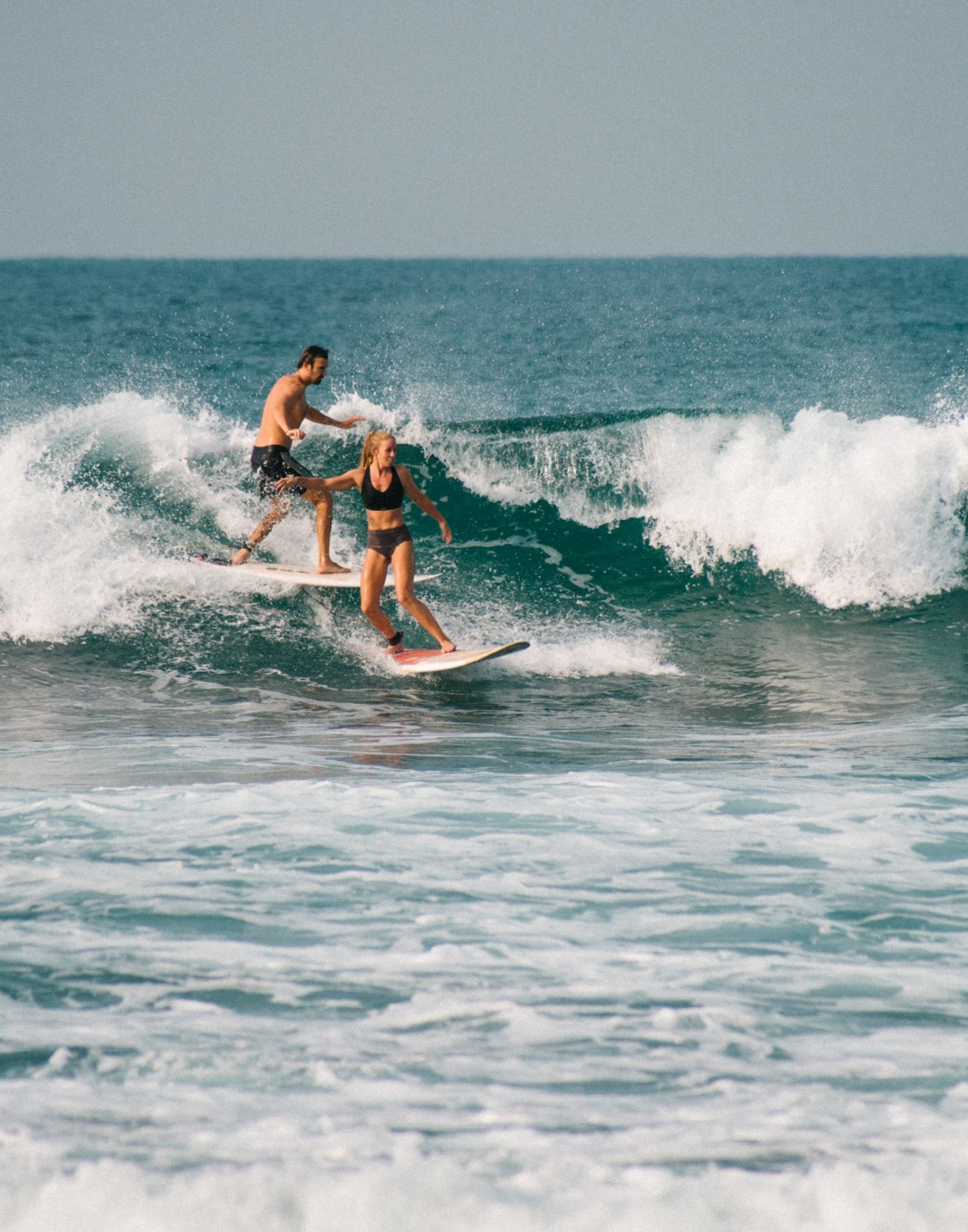
Do Surfers Run Into Each Other? 5 Common Reasons (+8 Tips)
-
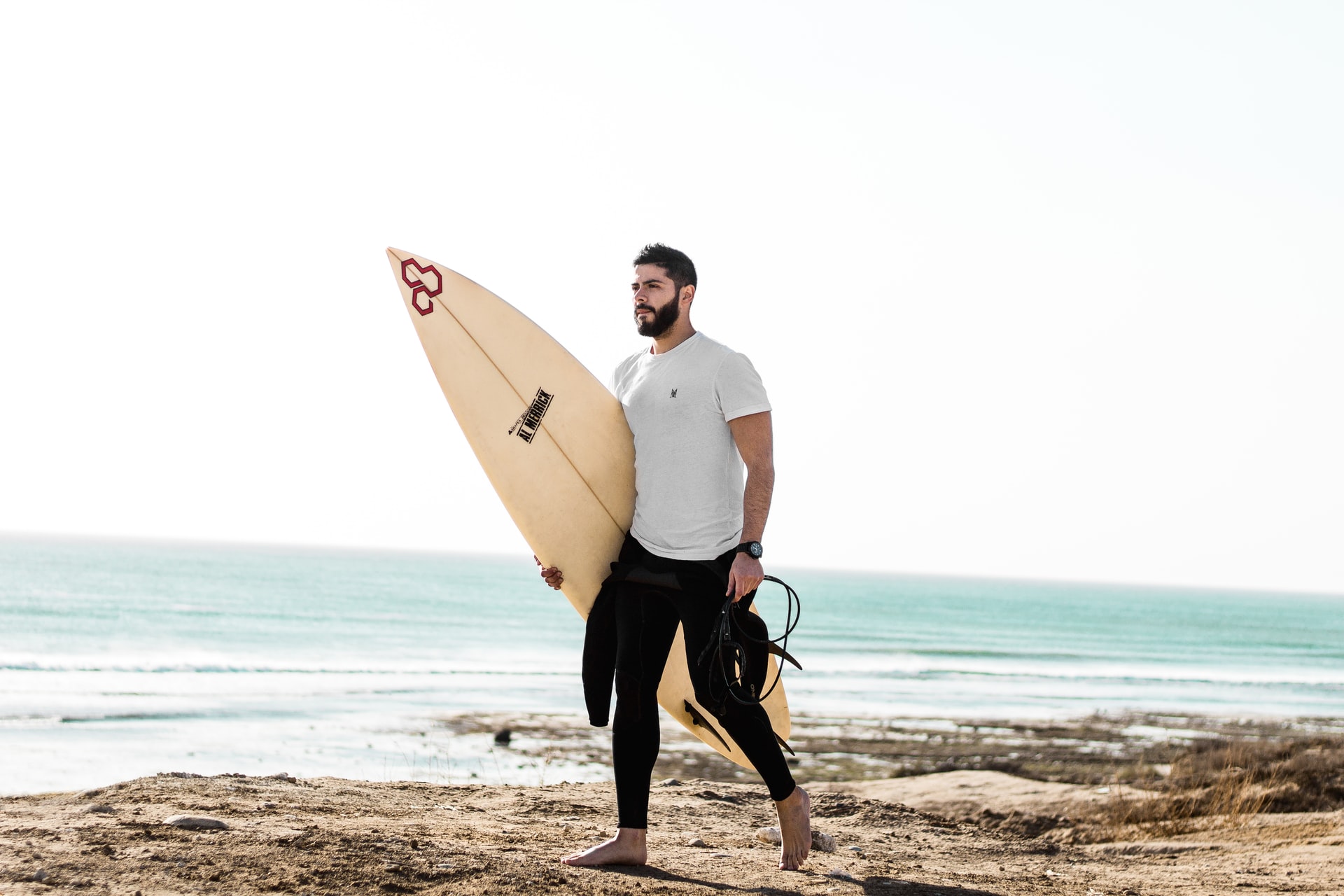
Do Surfers Have Beards? Pros & Cons You Should Know (+4 Tips)
-
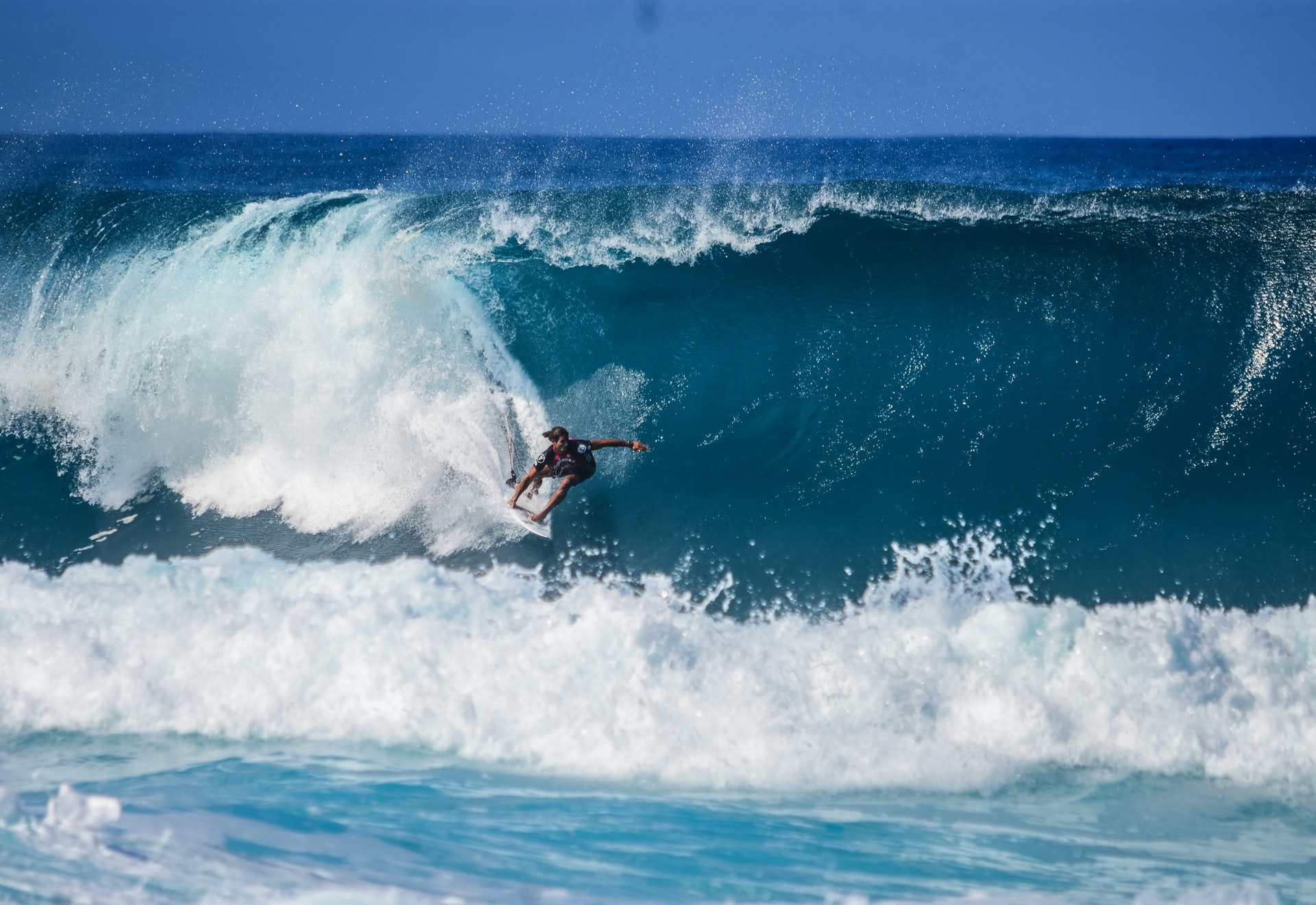
Do Surfers Like Constructive or Destructive Waves? (+Pros & Cons)
-
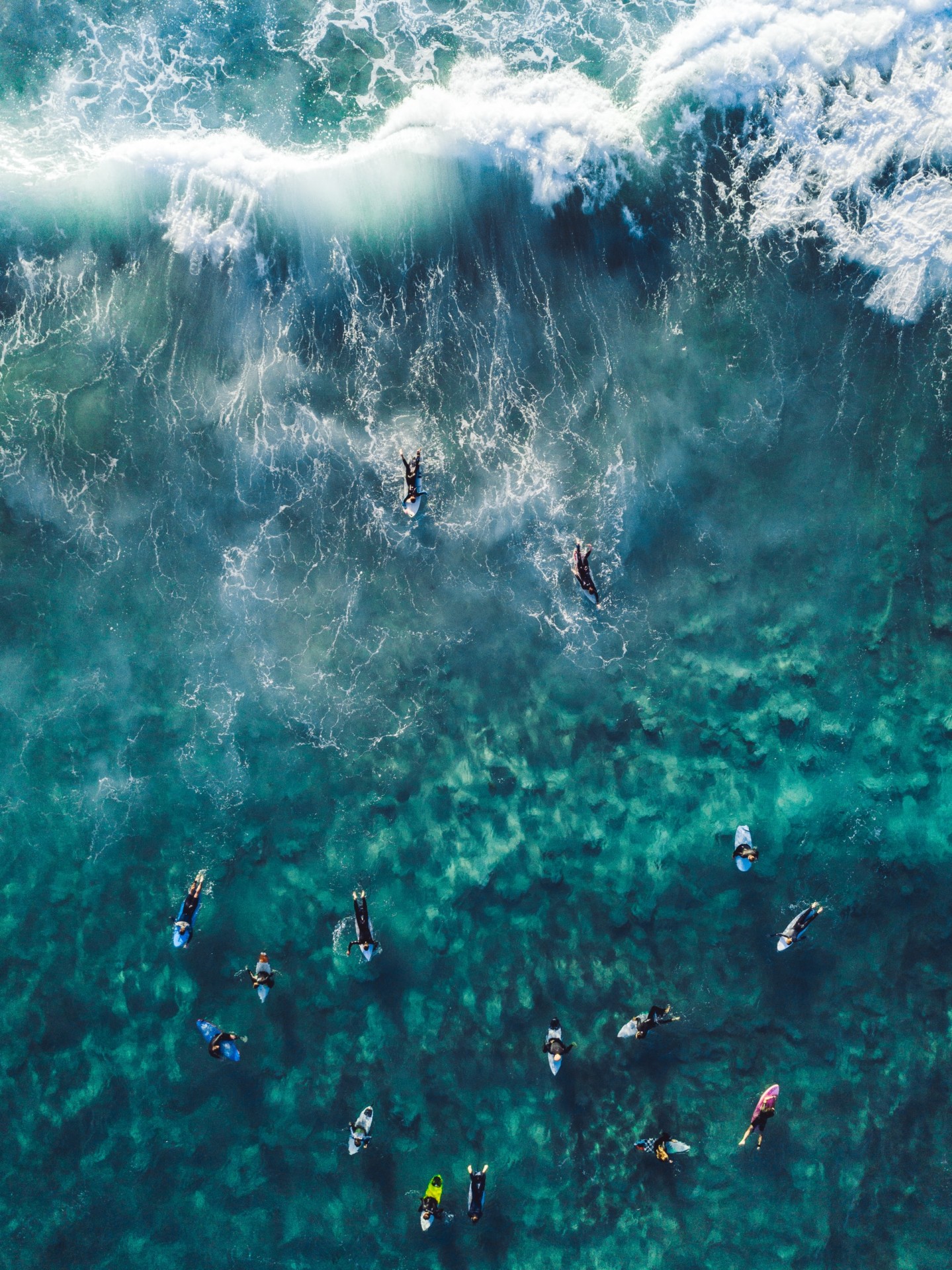
How to Surf Safely: 34 Crucial Tips (Every Surfer Should Know)
-
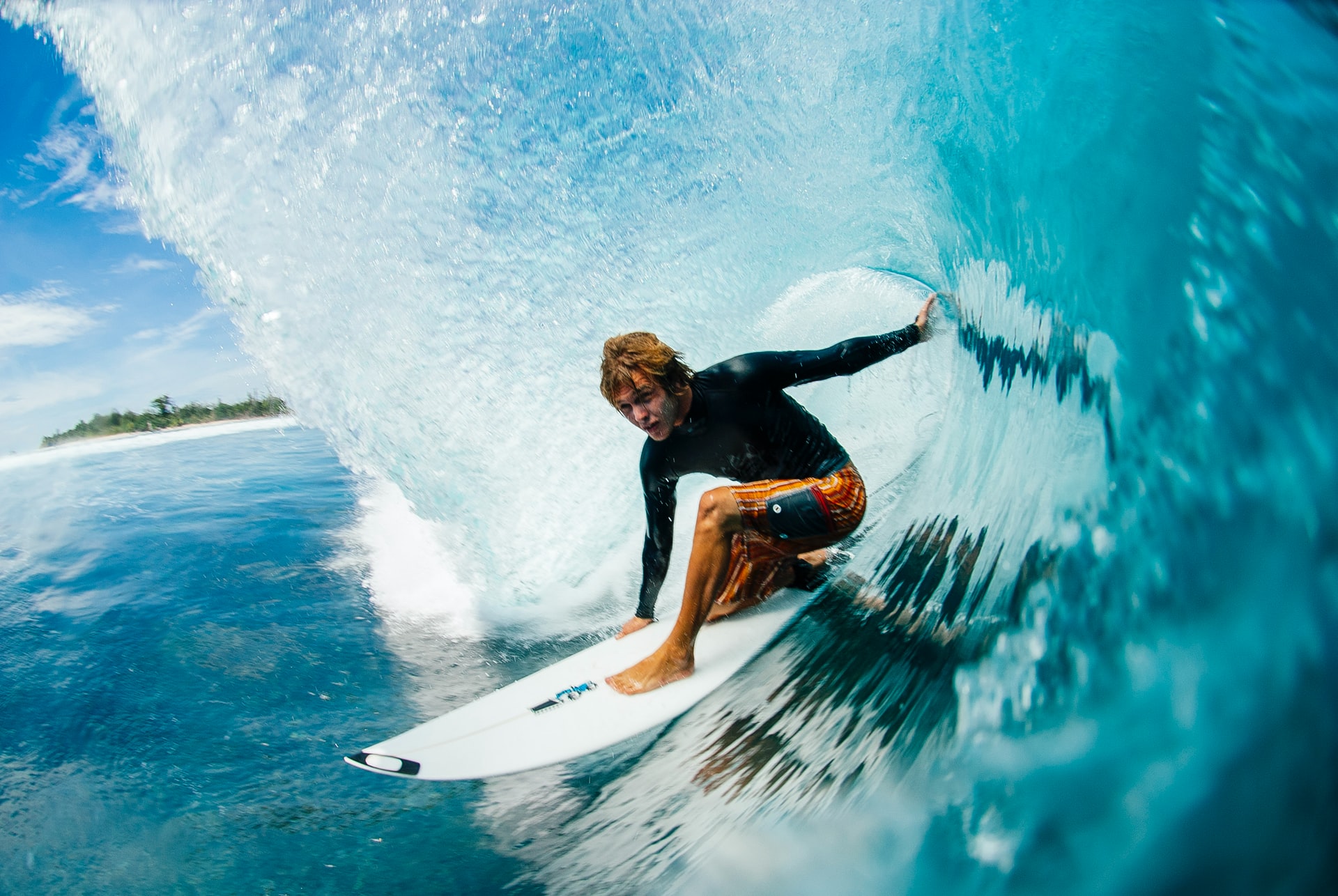
Do Pro Surfers Use Leashes? (+6 Reasons Why You Should Too)
-
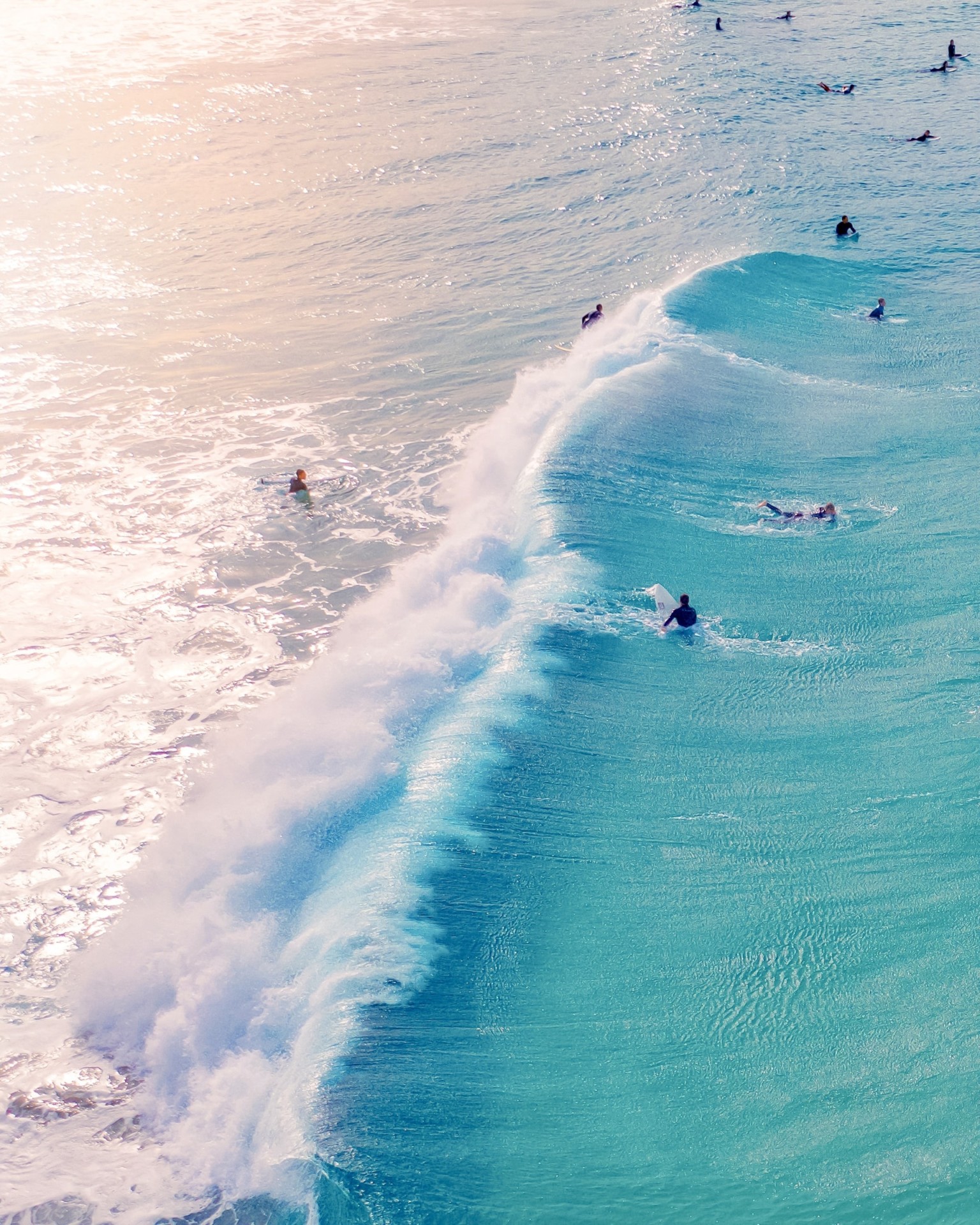
Do Many Surfers Drown? Here Are the Facts (+4 Common Reasons)
-
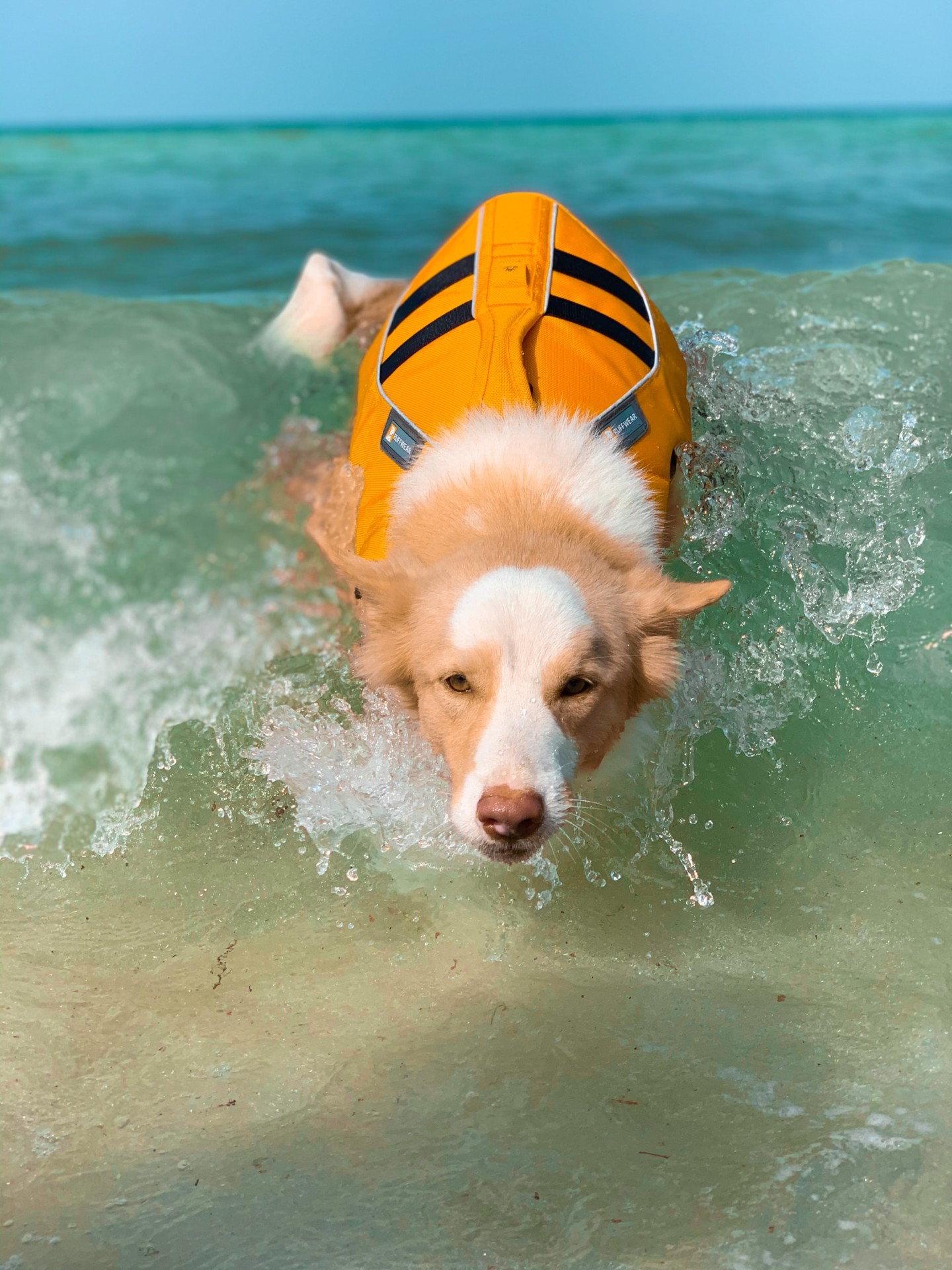
Do Surfers Wear Life Jackets? (7 Reasons Why They Don’t)
-
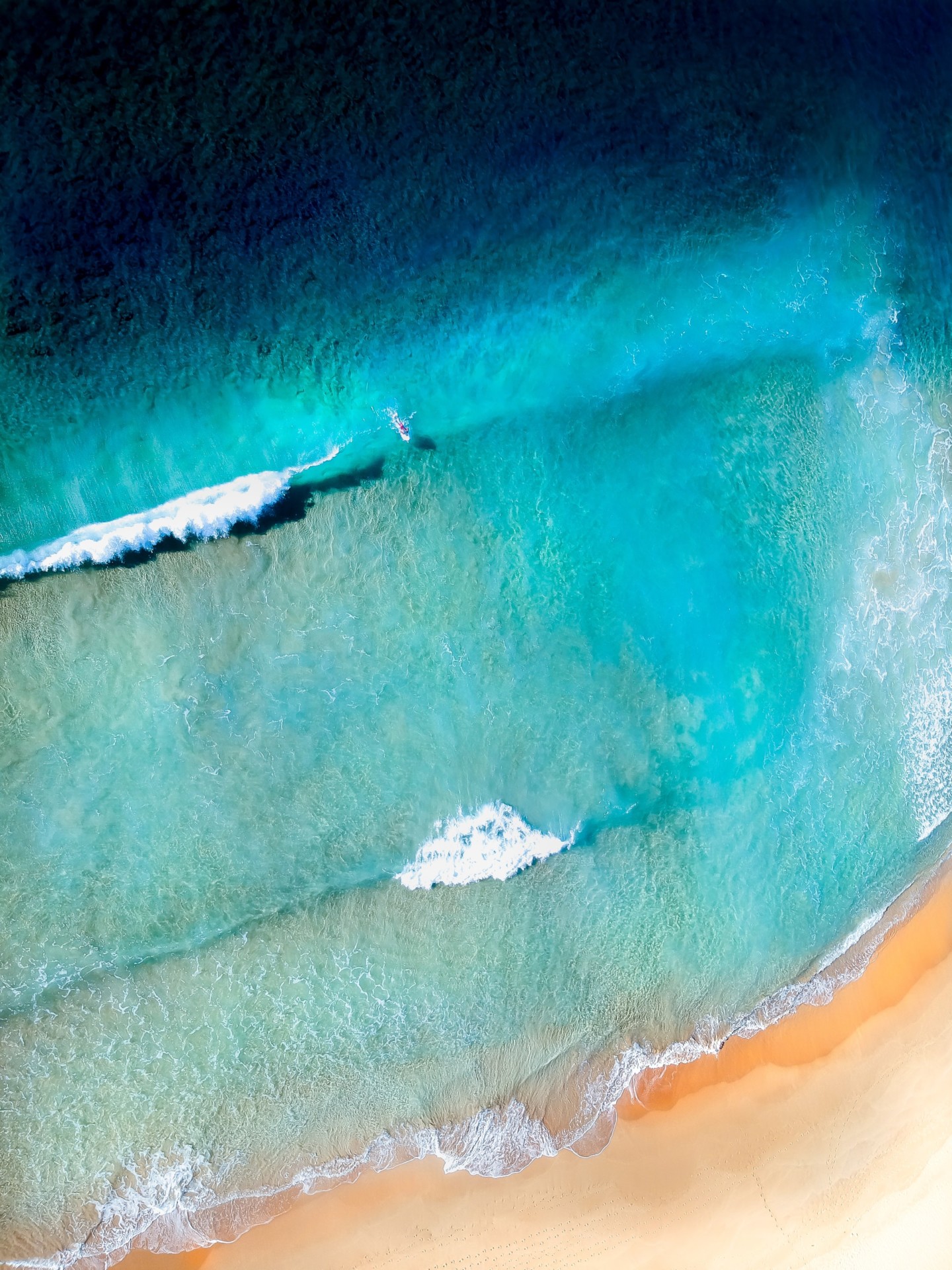
Do Surfers Like Rip Currents? (& How to Use Them Safely)

